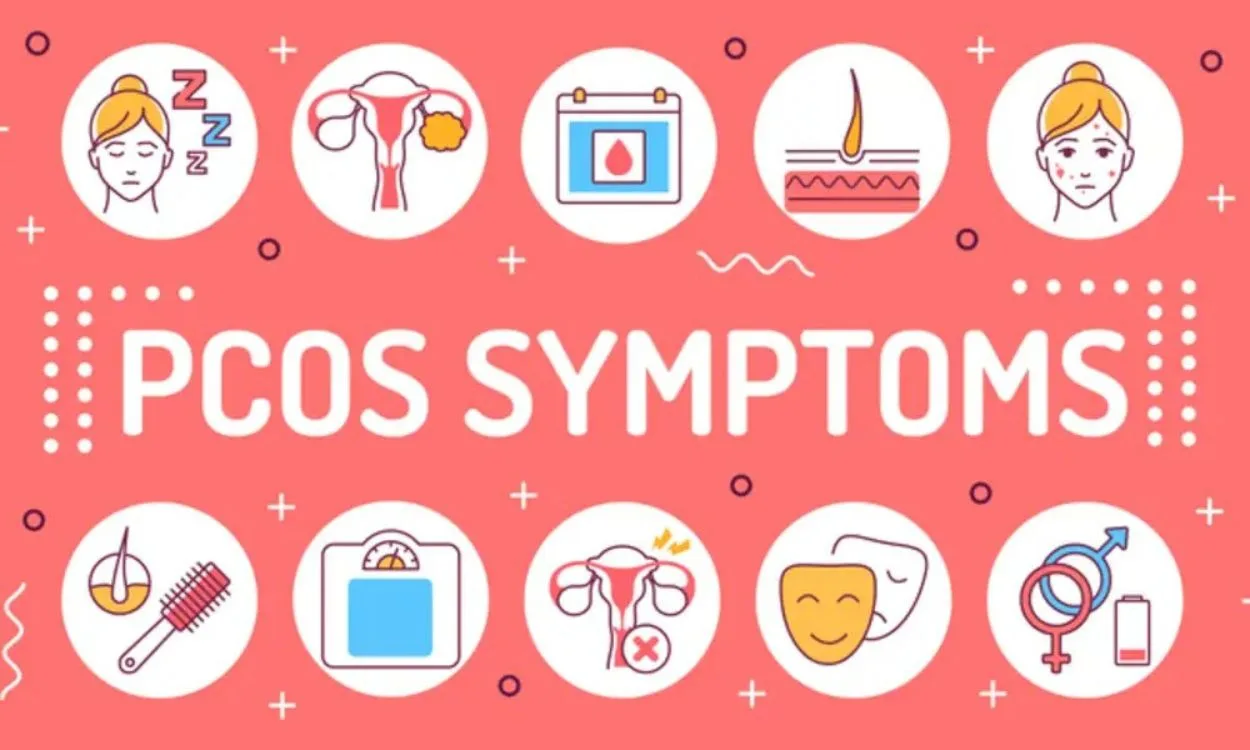Can Weight Loss Help Manage PCOD Symptoms?
Polycystic Ovary Syndrome, commonly known as PCOD, is a hormonal disorder that affects many women of reproductive age. It is a condition characterized by irregular periods, excess androgen levels, and the formation of small cysts in the ovaries. PCOD can cause various symptoms such as weight gain, acne, hair loss, and fertility issues.
One of the most challenging aspects of PCOD is managing its symptoms effectively. While there is no cure for PCOD, lifestyle changes, including weight loss, can help alleviate the symptoms and improve overall well-being. In this article, we will explore the relationship between weight loss and PCOD management and discuss how shedding excess pounds can have a positive impact on symptom management.
Understanding the Link between Weight and PCOD
Excess weight and insulin resistance are closely linked to PCOD. Insulin is a hormone that regulates blood sugar levels, and women with PCOD often have higher insulin levels than normal. This can lead to insulin resistance, where the body’s cells become less responsive to insulin, resulting in increased insulin production. Insulin resistance not only affects blood sugar levels but also triggers the ovaries to produce more androgens, which can disrupt menstrual cycles and cause hormone imbalances.
The Role of Weight Loss in PCOD Management
Weight loss can significantly improve the management of PCOD symptoms. Losing just 5-10% of body weight can help regulate menstrual cycles, reduce insulin resistance, and lower androgen levels. Here are some key benefits of weight loss for PCOD management:
- Improved Insulin Sensitivity: Losing weight reduces insulin resistance, allowing the body’s cells to respond better to insulin. This can help regulate blood sugar levels and reduce the production of androgens.
- Hormonal Balance: Weight loss can help restore hormonal balance by reducing the production of androgens. This can lead to more regular menstrual cycles and a reduction in symptoms such as acne and hair loss.
- Increased Fertility: PCOD is a common cause of infertility, and weight loss can significantly improve fertility outcomes for women with PCOD. Losing weight can restore ovulation, making it easier to conceive.
- Reduced Cardiovascular Risk: Women with PCOD are at a higher risk of developing cardiovascular diseases. Weight loss can help lower blood pressure, cholesterol levels, and the risk of heart disease, improving long-term cardiovascular health.
The Importance of a Healthy Lifestyle
While weight loss is beneficial for PCOD management, it is essential to focus on adopting a healthy lifestyle rather than solely fixating on the number on the scale. Here are some key lifestyle factors to consider:
- Balanced Diet: Follow a balanced diet that includes whole grains, lean protein, fruits, vegetables, and healthy fats. Limit the consumption of processed foods, sugary treats, and refined carbohydrates.
- Regular Physical Activity: Engage in regular exercise to promote weight loss, improve insulin sensitivity, and boost overall well-being. Aim for at least 150 minutes of moderate-intensity aerobic activity per week, along with strength training exercises.
- Stress Management: Chronic stress can exacerbate PCOD symptoms. Practice stress management techniques such as meditation, yoga, deep breathing exercises, and engaging in activities that promote relaxation.
- Sleep Quality: Adequate sleep plays a crucial role in hormonal balance and overall health. Aim for 7-9 hours of quality sleep each night to support PCOD management.
Introducing Fitpaa: Your Personalized PCOD Management Solution
Managing PCOD requires a personalized approach, and that’s where Fitpaa comes in. Fitpaa is an AI-driven health and fitness platform that can assist you in achieving your PCOD management goals. With Fitpaa, you gain access to a team of experts, including fitness coaches, nutritionists, and doctors, who will work with you to create a tailored plan based on your specific needs.
The Fitpaa Capsule, a comprehensive and science-backed plan, combines medical therapy, medical exercise therapy, medical nutrition therapy, and cognitive behavior therapy to optimize metabolism, regulate hormones, and support weight loss. The Fitpaa app provides real-time guidance, habit-building techniques, and a virtual workout trainer to help you stay on track and reach your goals.
Fitpaa’s unique approach focuses on long-term results and ensures that you have the support and guidance you need throughout your PCOD management journey. With a 7-day risk-free trial and a guarantee of results, Fitpaa is committed to helping you achieve a healthier and happier life.
Conclusion
Weight loss plays a vital role in managing PCOD symptoms and improving overall well-being. By shedding excess pounds, you can regulate insulin levels, restore hormonal balance, and increase fertility. However, it’s important to adopt a holistic approach to PCOD management, including a healthy diet, regular exercise, stress management, and quality sleep.
If you’re looking for a personalized solution to manage your PCOD effectively, consider downloading the Fitpaa app. With its comprehensive approach, expert guidance, and innovative features, Fitpaa can help you achieve your PCOD management goals and lead a healthier, happier life.
Start your journey towards PCOD management today with Fitpaa – the partner you can trust for guaranteed results.
Download the Fitpaa app and take control of your PCOD management journey now!









